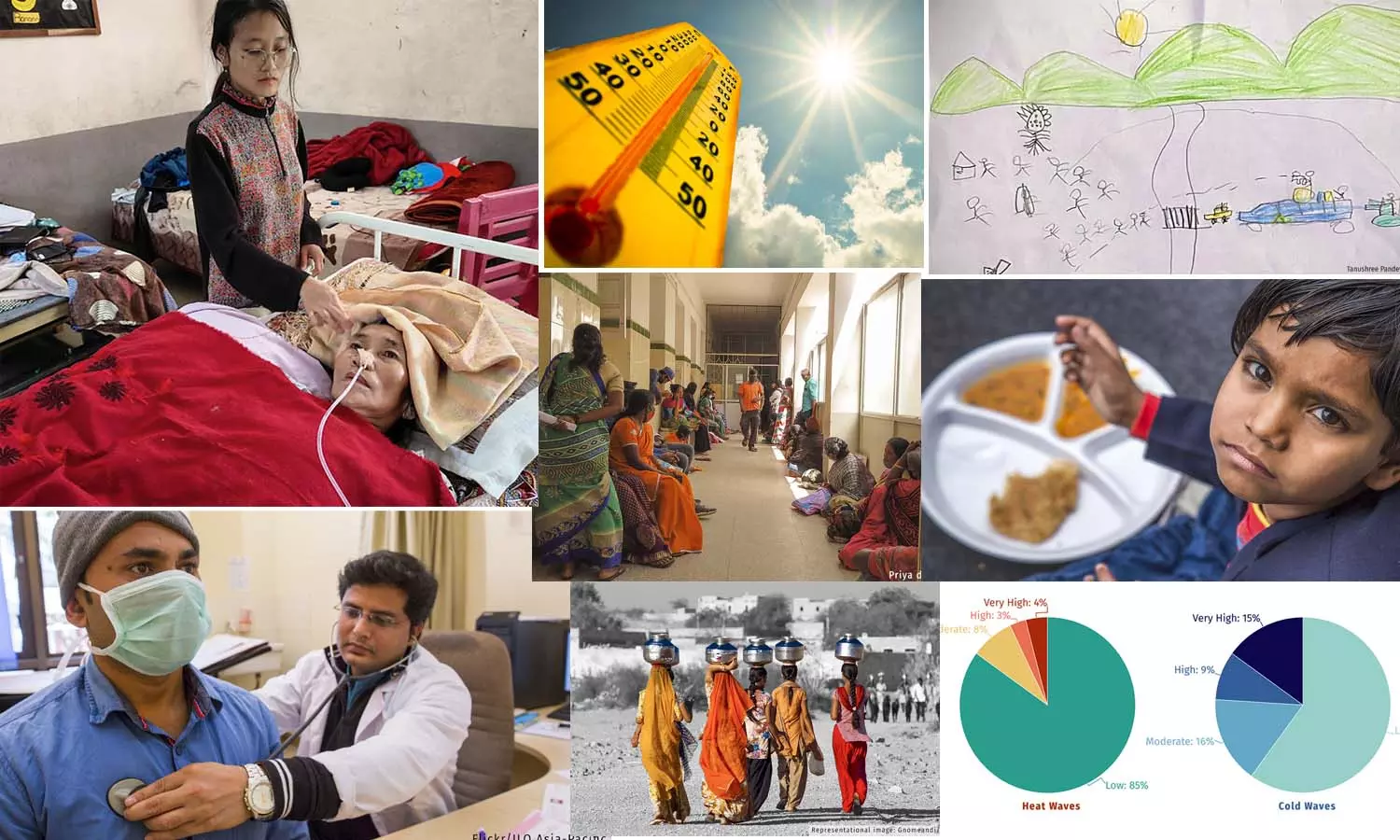Navigating Post-Pandemic Health Issues
Setting the Stage
In 2023, the World Health Organization (WHO) marked the end of the Covid-19 pandemic, bringing relief worldwide. However, India confronted its first case of the JN.1 variant, prompting heightened surveillance and testing measures. Concurrently, a mysterious illness affecting children in China raised concerns, attributed to mycoplasma pneumoniae by the WHO, urging vigilance without imposing travel restrictions.
Spotlight on Health Issues
Lifestyle Diseases Prevail
Before the pandemic, lifestyle diseases like ischemic heart disease, chronic obstructive pulmonary disorder, and stroke dominated India’s health landscape. Non-communicable diseases (NCDs) caused significant mortality, with diabetes affecting millions and cancer cases on the rise. Accessing treatment remained a challenge, with families facing financial burdens to secure healthcare.
Lingering Threat of Tuberculosis
Despite progress, TB remained a pressing concern, with India leading in global incidence. Efforts to eliminate TB by 2025 necessitated proactive case identification and treatment adherence. Concurrently, routine immunization initiatives aimed to bolster public health resilience against communicable diseases.
Crisis in Manipur Exposes Healthcare Gaps
The conflict-ridden state of Manipur struggled to provide adequate healthcare amidst ongoing violence. With relief efforts hampered, accessing medical assistance posed challenges for residents, especially children.
Addressing Malnutrition
India grappled with malnutrition, ranking poorly on the Global Hunger Index. Despite efforts to combat undernutrition, a triple burden of malnutrition threatened child development. Local initiatives, like those in Pune, showcased promising results in reducing malnutrition rates.
Impact of Climate Change on Health
Rising temperatures exacerbated health risks, from air pollution to heat-related illnesses. Climate change posed multifaceted challenges to public health systems, necessitating proactive measures to mitigate its impact.
Imperative for Enhanced Healthcare Infrastructure
While flagship schemes like Ayushman Bharat aimed to improve healthcare access, challenges persisted, including quality assurance and specialist shortages. Pharmaceutical sector setbacks underscored the need for stringent regulations and quality control measures.
Charting a Path Forward
As India navigates multifaceted health challenges, comprehensive strategies are imperative to safeguard public health and well-being. Addressing systemic gaps, bolstering preventive measures, and fostering innovation are critical in building a resilient healthcare ecosystem.




